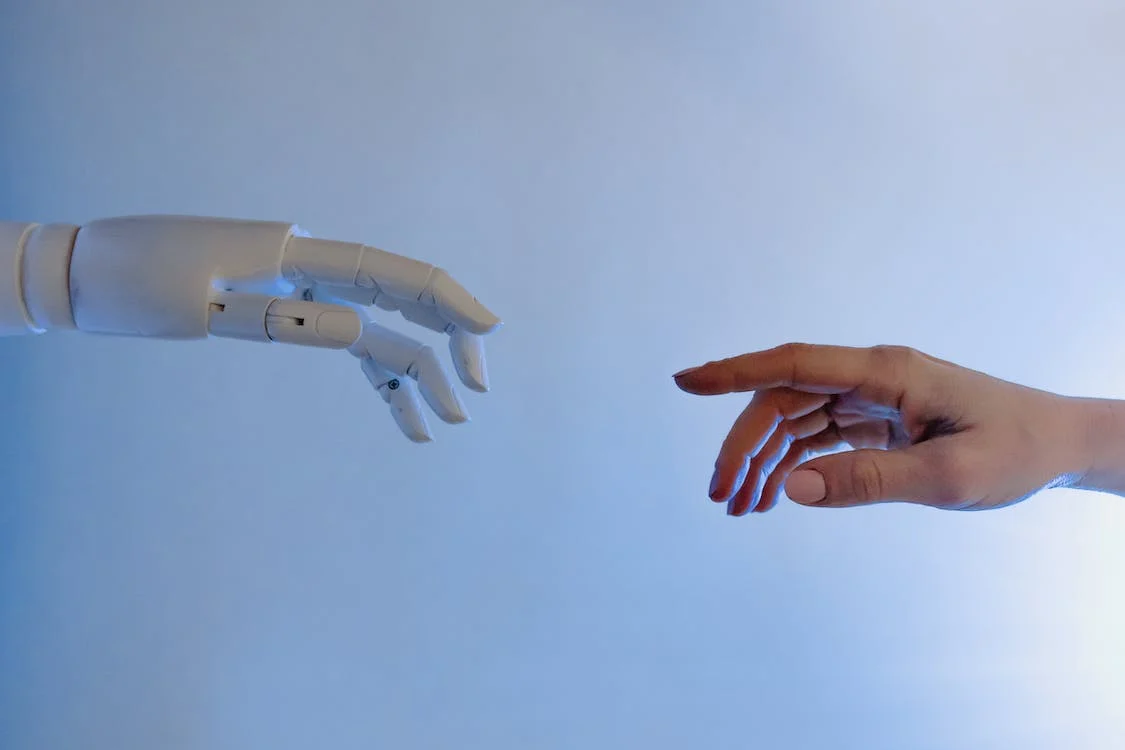Artificial intelligence has taken the world by storm, especially with the introduction of OpenAI’s ChatGPT, making it more accessible to the masses. In fact, most of the discussion surrounding AI refers to large language models (LLMS) like ChatGPT, which have already begun to be integrated into our daily lives, changing the way we communicate, code, and, of course, write.
Many industries have a lot to benefit with the adoption and implementation of AI tools such as ChatGPT. This includes but isn’t limited to the gambling scene, specifically operators offering no deposit free spins bonuses for UK players. Nevertheless, experts argue that overestimating its capacity may do more harm than good.
The chatbot’s ability to generate humorous responses is causing panic among many industries, with people fearing that this technology will soon impact their jobs and, as a result, their livelihoods. Educational institutions have also raised the alarm regarding the burgeoning issue with students using ChatGPT to write their assessments.
While there is no doubt that ChatGPT is a remarkable technological achievement, we must not get ahead of ourselves and buy into the fearmongering that comes whenever a new technology gains popularity. Any new AI platform that is available to the masses should be regarded as nothing more than a new tool to help, not to take over. Leave those narratives for the big screens.
From Science Fiction to Reality
What once seemed like such a faraway concept only present in our favourite sci-fi movies and books is now taking root in our everyday lives, whether we like it or not. However, while we are still a few years away from truly having an iRobot experience, it is important to acknowledge that AI has already had a profound impact, albeit in a more subtle way than the media likes to portray. It’s important to understand that, despite only coming into prominence in recent years, AI isn’t a new concept, going back as far as the 1950s.
Alan Turing, the British mathematician and WWII codebreaker, is credited with being one of the first individuals to come up with the idea that machines could think. He went on to create the Turing test, which is a benchmark test still used today to determine whether a machine can think like a human. While his ideas were not met with much fanfare at the time, they did set the idea in motion, with the term artificial intelligence gaining recognition in the mid-1950s.
AI as we know it today is continually learning from the data it collects, and the more it is used, the better it becomes with its suggestions and predictions. This can be seen on a day-to-day basis through algorithms employed by platforms like Netflix that suggest a film or TV show you might like based on what you have previously consumed.
Not only can AI help you pick a new dress or show, but this new technology even has an answer for people who hate driving: driverless cars. While companies like Waymo, which is owned by Google’s parent company, and its competitor, Cruise, have not yet experienced mass adoption, we can expect this to become a reality in the near future.
Should We Worry?
It’s safe to say that machines won’t be taking over the world anytime soon. Sure, while machine learning is already making major steps and disrupting industries, it still lacks intuition, which is something that cannot be learned. Think of it this way: a gut instinct can hardly be described, let alone replicated via algorithms. So until that day comes, humans are still a very important part of the AI equation.
However, we can’t gloss over the fact that AI is helping to improve the way society functions. One of the biggest benefits of AI is the technology’s ability to analyse large chunks of data in no time. This can help prevent fraud, with AI systems constantly monitoring consumer transactions and alerting them when suspicious activity has occurred. This can also work in a hospital setting by analysing patient data to determine more accurate healthcare solutions or even climate data to help put a stop to the climate crisis.
While we won’t be rubbing elbows with robots anytime soon, at this stage, AI should be looked at as just a tool to help enhance our quality of life, like many of the other mass-adopted technologies that have become staples in our daily routines.



